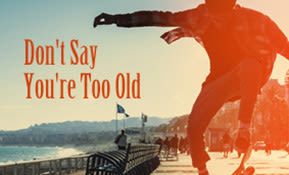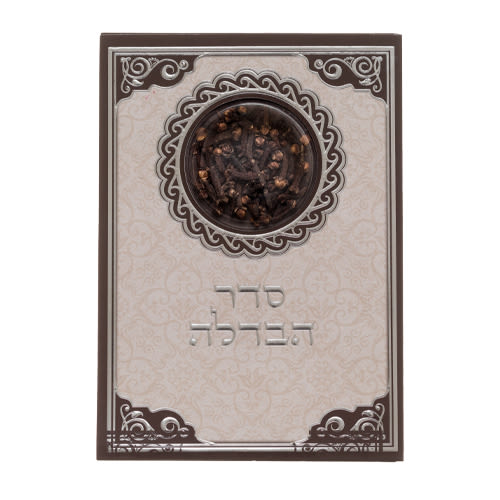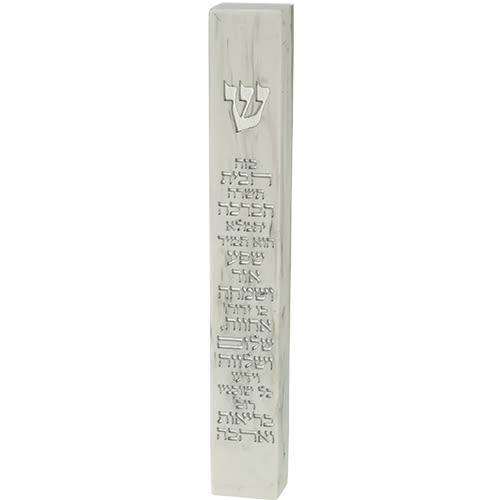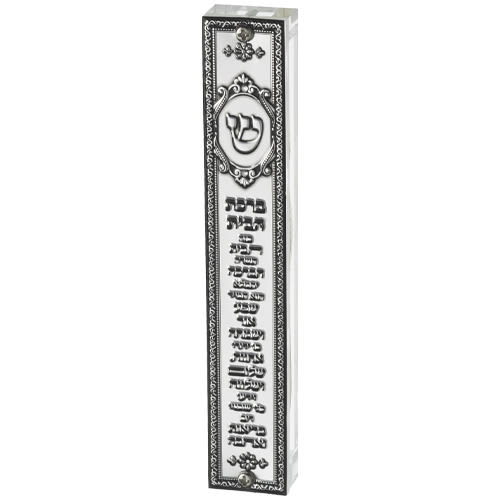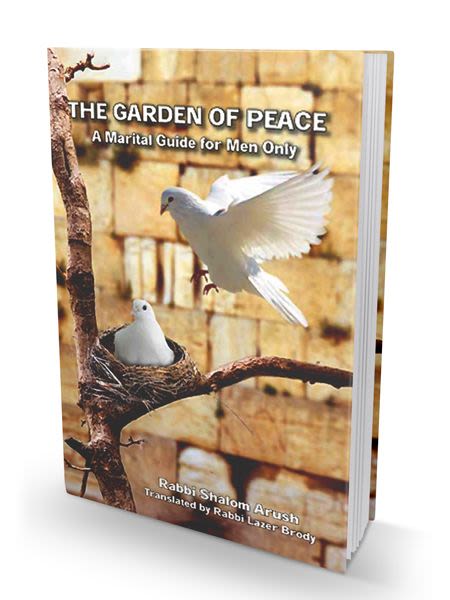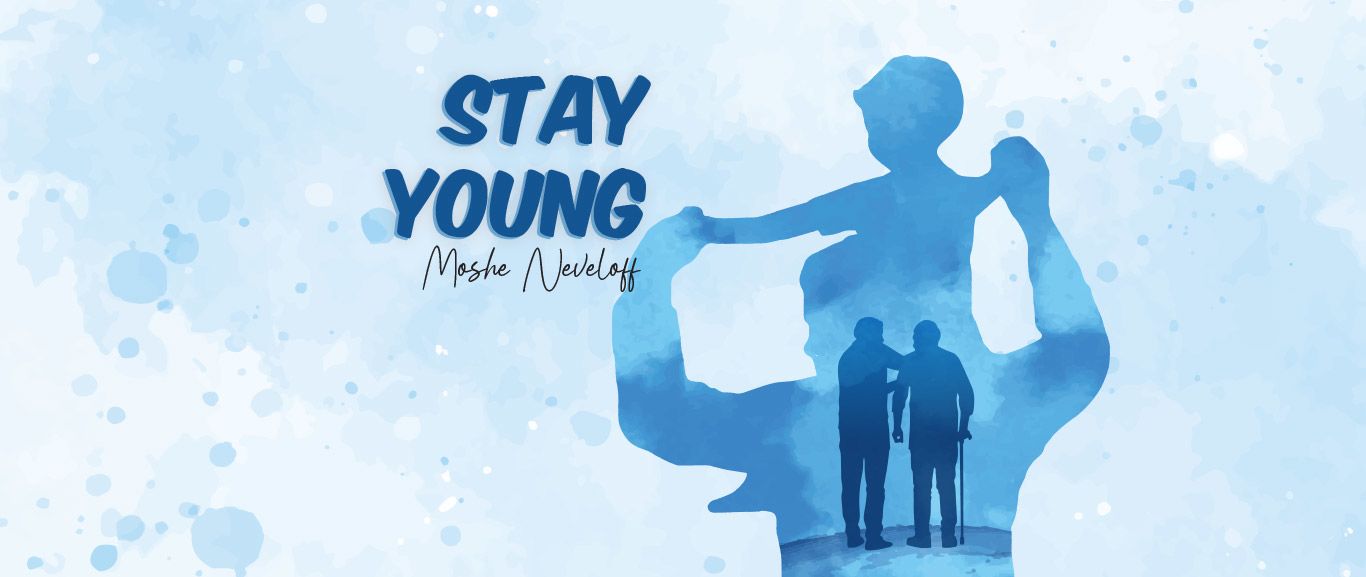
Chayei Sarah: Stay Young
Age is not about our physical age, but rather, about our mindset. As Rebbe Nachman said, “It is forbidden to be old!”

“Sarah’s lifetime was one hundred years, twenty, years, and seven years; the years of Sarah’s life” (Chapter 23, Verse 1). Rashi explains, based on the Midrash Raba, why the verse repeats the years of her life separately, and doesn’t just say that her lifetime was one hundred and twenty–seven years. Each number comes to teach us something special: at one hundred she was as sinless as a twenty year old (until the age of twenty someone is not liable for punishment), and at twenty years old she had the natural beauty of a seven year old, who does not need cosmetics. Rashi adds that the years of Sarah’s life were all equally good (Artscroll commentary). What do the years of Sarah’s life come to teach us today in our lives? How do I feel, old or young?
Rabbi Natan of Breslev explains that the years of Sarah’s life come to teach us that the main aspect of completion which a person can obtain is beginning to live anew each time. What does this mean? Even when you grow old and become elderly, you should look at yourself as if you are still a very young child, as if you still haven’t started to truly live and serve G-d whatsoever. This will help you to begin now a meaningful life, serving Hashem with new strength every time.
If a person considers himself to be young no matter what his age, this will help him grow spiritually and merit a long life. His days will be truly long because he doesn’t allow any day to pass by without adding holiness and vitality (Likutei Halachot, Laws of Tefillin, 5th teaching). We can also live a full life like Sarah – it just depends upon our perspective. Feeling young or old depends on how we view ourselves and how we approach life.
Rabbi Natan also brings this teaching in relation to Rebbe Nachman’s story about the Seven Beggars, who were not actually beggars but great Tzaddikim, each of whom possessed a special trait which seemed on the surface as a deficiency. Each of them comes to visit a bride and groom during the seven days of special meals following their wedding (called Sheva Berachot in Hebrew). On the first day, the blind beggar came to visit them. As he was speaking to them, he said, “I am extremely old, but I am completely young.” In his commentary, Rabbi Aryeh Kaplan of blessed memory explains: “Since one is always making a new beginning, it is as if one’s life were just starting.”
Additionally, in the Torah there are several verses which speak of fulfilling the commandments today, meaning that we should learn and fulfill the Torah as if today was our first day – every day anew. Rabbi Kaplan concludes there, based on the Likutei Halachot, “Thus, we can learn from the blind beggar the power of this continuous renewal. One must be blind when it comes to looking at obstacles in one’s path to serving G-d” (Rebbe Nachman’s Stories, Breslov Research Institute).
Personally, this teaching about the life of Sarah encourages and helps me to look at myself as still young, even though I see myself getting older physically. I am learning with students at the yeshiva I teach at who were born when I was 22 years old (!), and I have the thought occasionally, ‘wow, I feel old.’ I turned 41 years old recently, and sometimes when I look in the mirror and see signs of aging, like more white hairs in my beard and hair, it is hard for me to accept. Hey, how did so much time go by so fast?! However, by trying to live a life of serving Hashem the best I can; a life of giving, learning and adding whatever good I can in the world, helps me many times feel young and alive inside.
***


